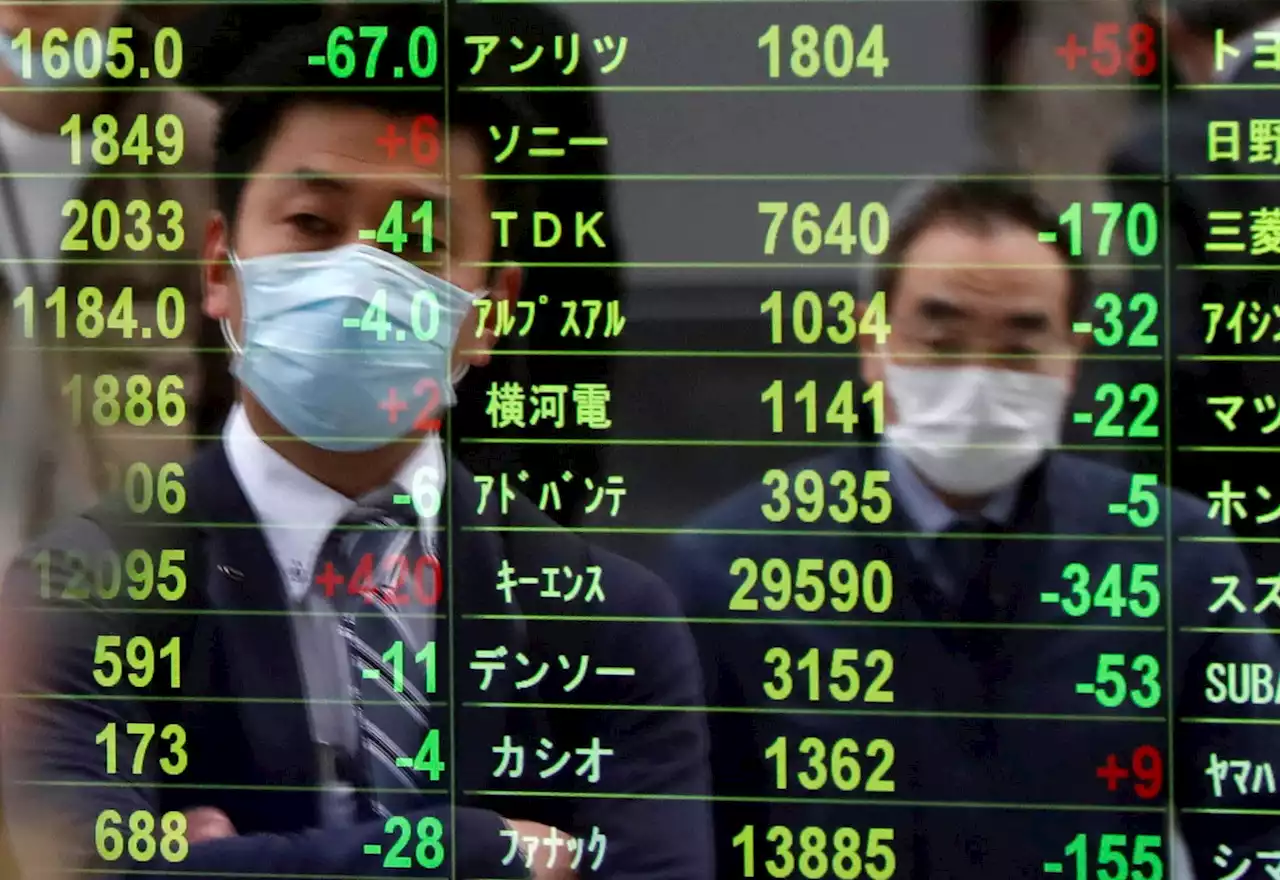From omicron to China’s slowing growth, Asian countries will face major headwinds for the year head, says Carlos Casanova at Swiss private bank UBP.
indicated it may be ready to start raising interest rates, dial back on its bond-buying program, and engage in high-level discussions about reducing holdings of Treasurys and mortgage-backed securities.
While Asia's emerging markets are well positioned, they will be more impacted by these factors — especially if the Fed moves aggressively on the policy front, Casanova pointed out. "There will be a real rate compression between emerging markets in Asia and the U.S," he said. This may lead to further outflows of bonds in the region, especially from economies that are more vulnerable, he added." when it began to wind down its asset purchase program. Investors panicked and it triggered a sell-off in bonds, causing Treasury yields to surge.
As a result, emerging markets in Asia suffered sharp capital outflows and currency depreciation, forcing central banks in the region to hike interest rates to protect their capital accounts."What we are fighting to avoid is a situation, whereby, they are more proactive in reducing their balance sheet at the same time as they're implementing three rate hikes in 2022," he noted, saying that potentially could translate to further outflows from the region and deflationary pressures.
